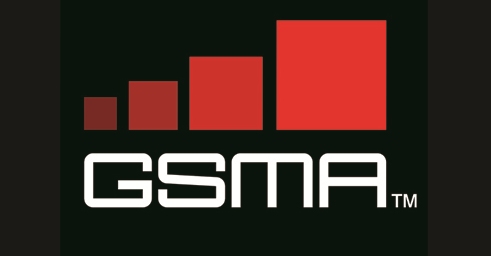The GSMA Intelligence’s Spectrum Prices in Developing Countries study, has revealed that developing countries such as Nigeria pay three times more for spectrum than in other locations around the world.
The study believes this has taken a toll on these developing markets, leading to rise in price and hampering access, especially for mobile services.
Speaking at the ongoing Mobile 360 Series in Kigali, Rwanda, GSMA head of Spectrum, Brett Tarnutzer described the huge differences in the cost of acquiring spectrum as a major roadblock to mobile penetration in the developing countries.
“Connecting everyone becomes impossible without better policy decisions on spectrum. These pricing policies will only limit the growth of the digital economy and make it harder to eradicate poverty, deliver better healthcare and education, and achieve financial inclusion and gender equality,” he said.
He added that for far too long, the success of spectrum auctions has been judged on how much revenue can be raised rather than the economic and social benefits of connecting people.
Analysts at the Association found governments in some countries played an active role in hiking spectrum prices in a bid to maximise state revenue. Some of the highest fees were found in countries with a large amount of sovereign debt.
Across developing markets the average starting price at a spectrum auction was five-times higher than developed market equivalent, relative to GDP, the study revealed. Outside of inflated spectrum costs, regulators artificially limiting available airwaves and drawing up poorly designed auction rules were cited as contributing factors to high consumer pricing.


